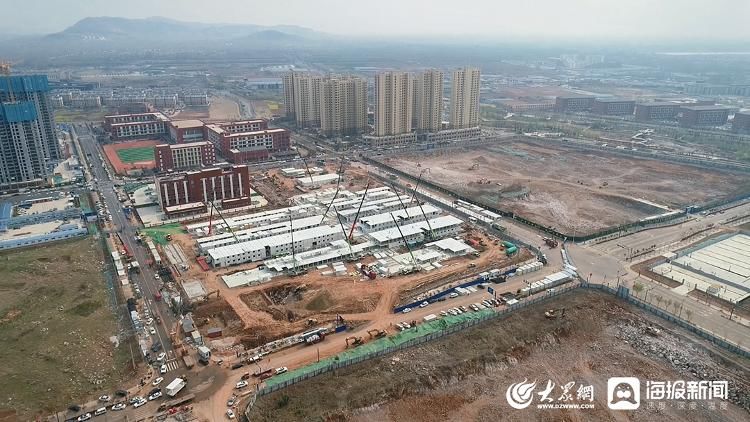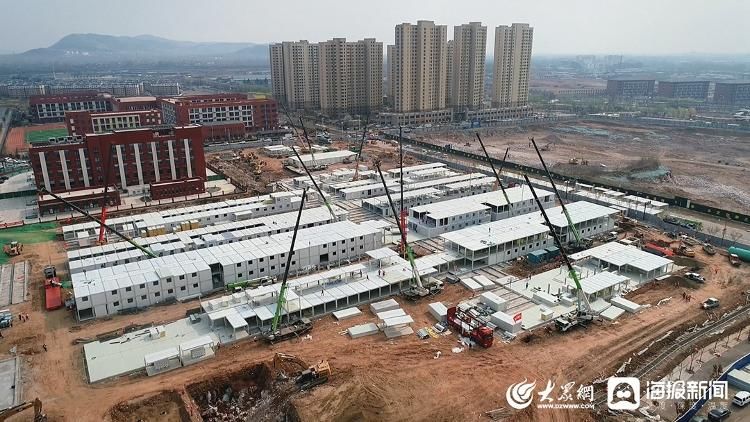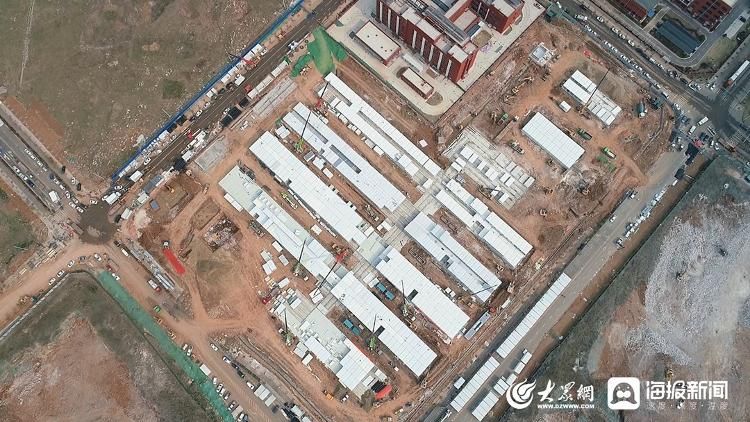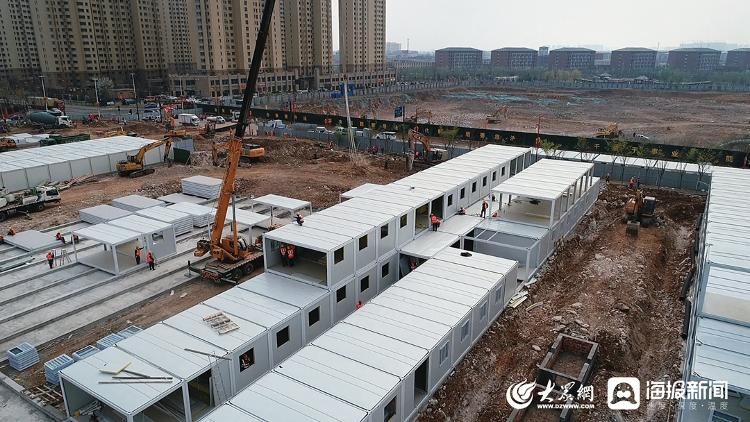In order to further improve the classification and treatment of new coronary pneumonia infected people and improve the ability of new coronary pneumonia epidemic prevention and treatment, Tengzhou began to build a makeshift hospital on March 21. At present, the project is stepping up construction as planned, and it will be completed and put into use on April 10.

It is understood that the Fangcang shelter hospital project in Tengzhou was constructed by the Second Construction Co., Ltd. More than 40,000 square meters, with 1,500 designed beds, divided into office area, medical care area, ward area, medical technology area and other areas. According to the requirements of the latest national diagnosis and treatment plan, the currently constructed Fangcang shelter hospitals mainly treat mild and asymptomatic infected persons. This is based on the fact that the overall symptoms of infected persons are relatively mild, and the isolation and basic medical needs of infected persons are met under the premise. , maximizing the release of medical resources. The makeshift hospital is a strategic resource of “prepared rather than used, not available without preparation”, and is not a signal of a serious epidemic.


Tengzhou Housing and Urban-rural Development Bureau Since the appointment, we have dispatched elite troops, organized scientifically, and made every effort to ensure the construction of the project. On the premise of ensuring the quality and safety of the project, we have worked in two shifts, running continuously, and 24 hours a day without stopping to speed up the construction of the project. All projects will be completed on April 10th. Built and delivered. In order to fully protect the safety of people’s lives, we will give full play to the “wisdom of housing construction”, contribute to the “power of housing construction”, and demonstrate the “responsibility of housing construction”.

At the construction site of the Fangcang shelter hospital project in Dongshahe Street, worker Xu Dongxiang is installing the integrated ceiling with his colleagues . According to reports, in order to speed up the progress of the project, under the premise of doing a good job in epidemic prevention and control, he and his co-workers work two shifts a day, 24 hours a day without work.